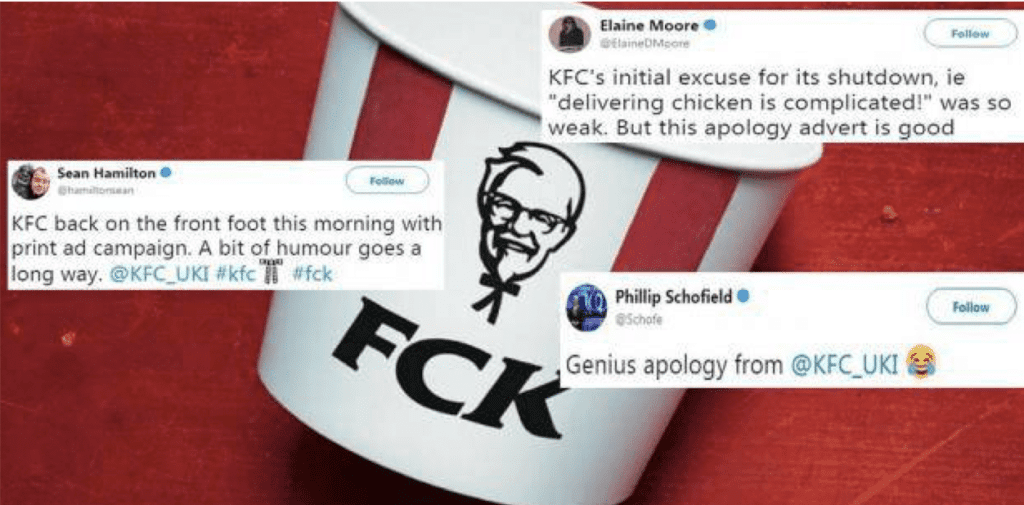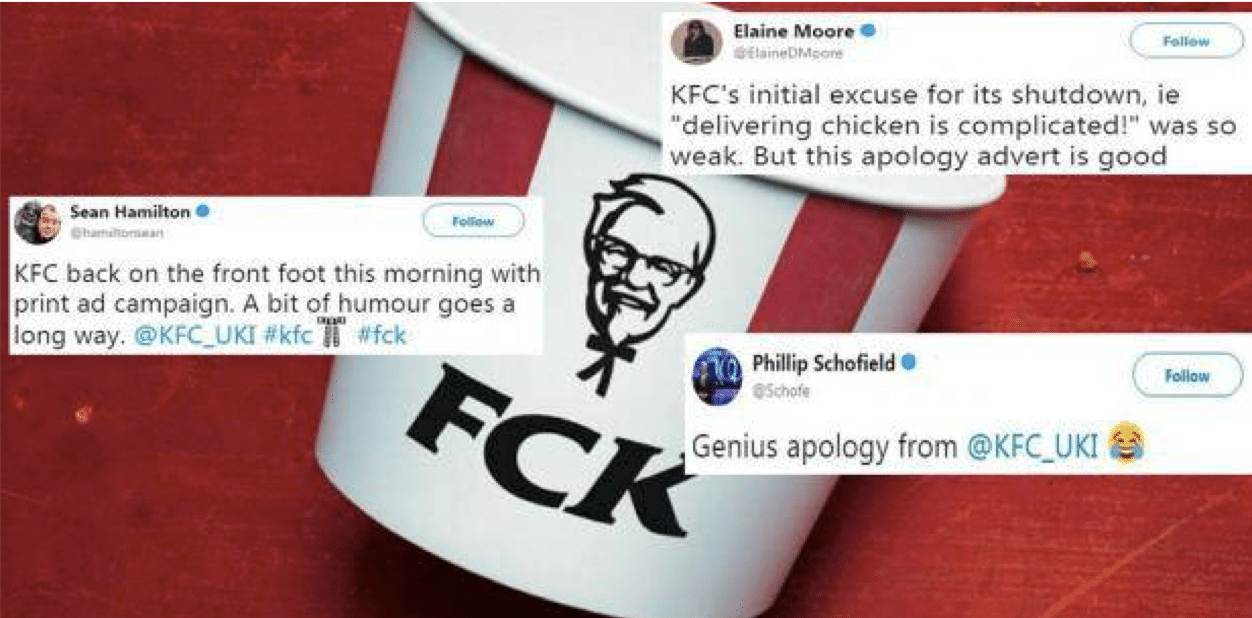When you make a mistake, how quickly do your friends and colleagues forgive you? For example, if there is an important meeting or date and you turn up 30 minutes late, how do people behave towards you?
Hopefully, if you have a history of always being on time, you apologise and explain the situation, then the chances are that it will be seen as a one-off episode and people will continue to interact with you as they have always done.
However, if you are known for being tardy with your timekeeping, people aren’t so quick to forgive and will be frustrated by your continuous lack of consideration, eventually losing all trust in your ability to ever be on time.
This is also the same with brands when they go through a crisis. If you have an open and trusting relationship with your customers, then this will count in your favour if you ever screw up!
The reputation a brand has when it goes into a crisis will be the one that helps it through the crisis. If a brand does little or nothing to manage its reputation during the good times, then there will be no goodwill to carry the brand’s reputation through the bad times.
The recent lack of chicken at KFC’s restaurants in February, earlier this year, saw the chicken chain take out an advert in local newspapers apologising for not having any chicken. While poking fun at supply chain, it was able to appease its customers by being open and honest about the situation, as well as including a shout out to its employees that had been receiving a lot of criticism.

Fans responded by saying this was the best apology they had seen and appeared to forgive the chain for not having any chicken.
The followers and fans on social media are your loyal customers; they read your regular content, interact with you on social platforms and have built a trusted relationship with your brand. The people that trust you are more likely to support you and defend you during a crisis.
By building brand trust with customers, it will help you to store goodwill to see you through any difficult patches. The stronger the voice you have in social media, the better your relationships will be with customers. It is your loyal customers who have a relationship with you who are most likely to defend you.
So how does a brand build a trusted relationship with its customers? Here are the top five activities that a brand should follow to build brand trust:
- Tailor your tone to individuals, rather than templates responses, helping to build a one-to-one relationship. Customers are more likely to trust individuals than a corporate
- Be open and honest with your customers. If you made a mistake, don’t hide it. Own your mistakes by taking responsibility for it and make changes so it doesn’t happen again
- Talk to your customers in everyday language. Avoid using corporate speak with acronyms and jargon
- Respond to your customers on social in a timely fashion. Consumers want an answer immediately and your engagement team should be equipped to post a quick and appropriate response to answer any queries
- Producing relevant content that appeals to their needs and aspirations, not your sales targets
Regardless of how powerful the brand is, people buy from people; 80% of business decisions are based on rapport, not technical merit. Consumers choose brands which give them the best customer experience with someone we feel is trustworthy and likable. By creating this interaction and dialogue with customers, you will build brand trust, and your relationships will be such that if something goes wrong, these advocates will be the ones to support you through any crisis, some even standing up to the negative wave of comments in your defense.





